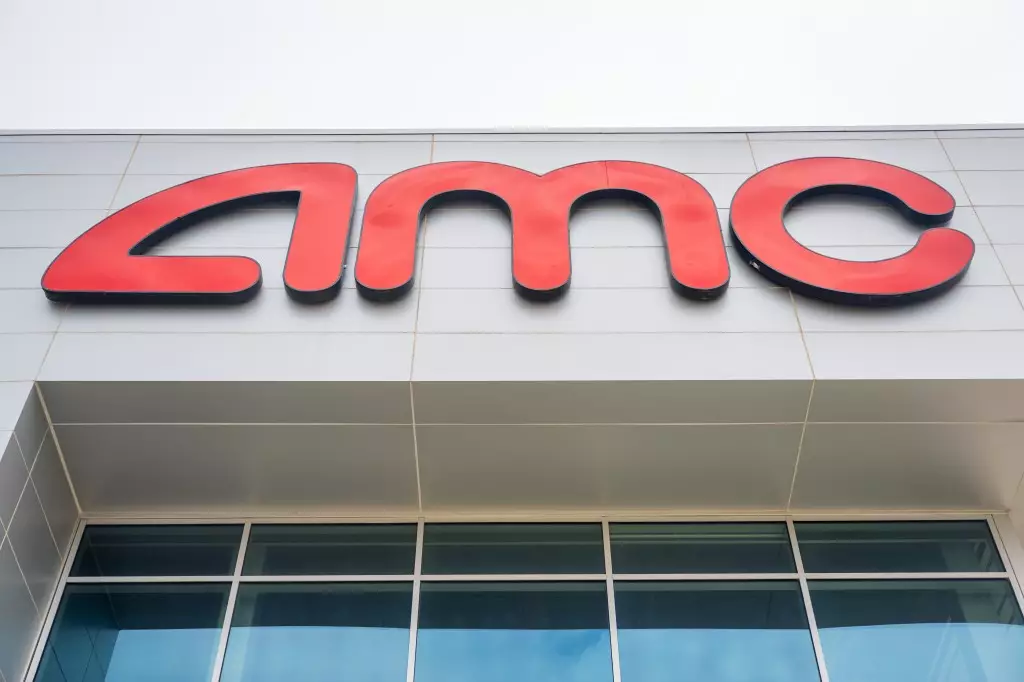In a landscape marred by doubt and economic turbulence, AMC Entertainment’s latest debt restructuring signifies more than just a financial maneuver—it embodies a calculated gamble to regain control in an unpredictable industry. By securing up to $223 million in fresh capital and converting a substantial chunk of debt into equity, AMC aims to pivot from its pandemic-related vulnerabilities. Yet, beneath this veneer of strategic resilience lies an acknowledgment of precarious foundations; the company’s heavy debt load and reliance on a robust box office recovery remain ticking time bombs, risking future instability if expectations are not met. This move underscores the company’s aggressive attempt to reconfigure its financial structure, but it also highlights a critical dependence on industry rebound—an uncertain and potentially volatile future.
Strategic Debt Reduction Versus Industry Realities
The restructuring isn’t just about alleviating immediate liabilities; it risks providing a false sense of security amidst a fragile theatrical landscape. Converting debt into equity dilutes existing shareholders but aligns creditors with AMC’s long-term success. However, it also embeds a fragile patience among stakeholders—who are banking on an industry revival that is far from guaranteed. The broader economic environment remains sluggish, and unpredictable factors such as Hollywood strikes and lingering pandemic effects cast a shadow on AMC’s optimistic projections. The company’s reliance on a future boom—expected to materialize around 2026—appears increasingly tenuous in an environment still riddled with economic uncertainties and changing consumer habits.
Premature Optimism or Necessary Boldness?
While CEO Adam Aron’s upbeat outlook exudes confidence, it arguably skirts a dangerous optimism. The assertion that the industry will produce its “strongest box office performance in five years” borders on wishful thinking rather than assured strategy. The pandemic has fundamentally altered entertainment consumption, with streaming platforms cementing dominance and audiences reassessing their spending habits. The industry’s recovery, therefore, hinges on more than just a return to pre-pandemic levels; it demands innovative models, not merely financial engineering. AMC’s approach—leaning heavily on debt restructuring—might temporarily stave off bankruptcy but does little to address underlying shifts in consumer behavior. It raises a question: will this strategy merely delay a reckoning, or does it truly position AMC for sustainable future growth?
A Calculated Move or a Risky Fix?
The settlement of litigation and repositioning of creditors seem prudent in the short term, but they also conceal broader risks. The dispute over collateral assets exposes lingering tensions and weakens the company’s negotiating position. Moreover, the reliance on Hollywood’s recovery as a catalyst for AMC’s revival is optimistic at best. A prolonged Hollywood strikes and the evolving landscape of entertainment consumption threaten to derail these projections, leaving AMC vulnerable if the industry’s rebound falters. This debt restructuring appears more a defensive tactic—a delaying tactic—rather than a transformative strategy that could fundamentally alter AMC’s market dynamics.
Power Dynamics in the New Financial Puzzle
This concerted effort to shore up AMC’s financial footing also shifts the power landscape among stakeholders. Creditors now play a significant role, with their support seemingly critical to AMC’s future trajectory. While creditor participation may stabilize the company temporarily, it also consolidates their influence, possibly prioritizing their interests over broader industry innovation or long-term consumer engagement. It’s a gamble—betting that the current financial fix will be enough to weather upcoming storms. The potential dilution of equity and the dependency on future industry growth could sow the seeds for future conflicts or strategic missteps.
A Reckoning in the Making
Ultimately, AMC’s latest move is a testament to its desperation—desperate to cling to relevance amid a rapidly evolving entertainment environment. While the restructuring promises a temporary respite from financial strain, it doesn’t address the core issues threatening the industry’s future. Borrowing strength from optimism about the box office rebound might suffice in the short term, but sustainable success requires innovation beyond mere debt fixes. If industry trends continue to shift away from theatrical releases toward streaming and at-home entertainment, AMC’s current strategy may eventually prove insufficient. The company’s future will depend not just on financial engineering but on its ability to adapt to profound industry changes—something this restructuring, perhaps, only postpones rather than resolves.

